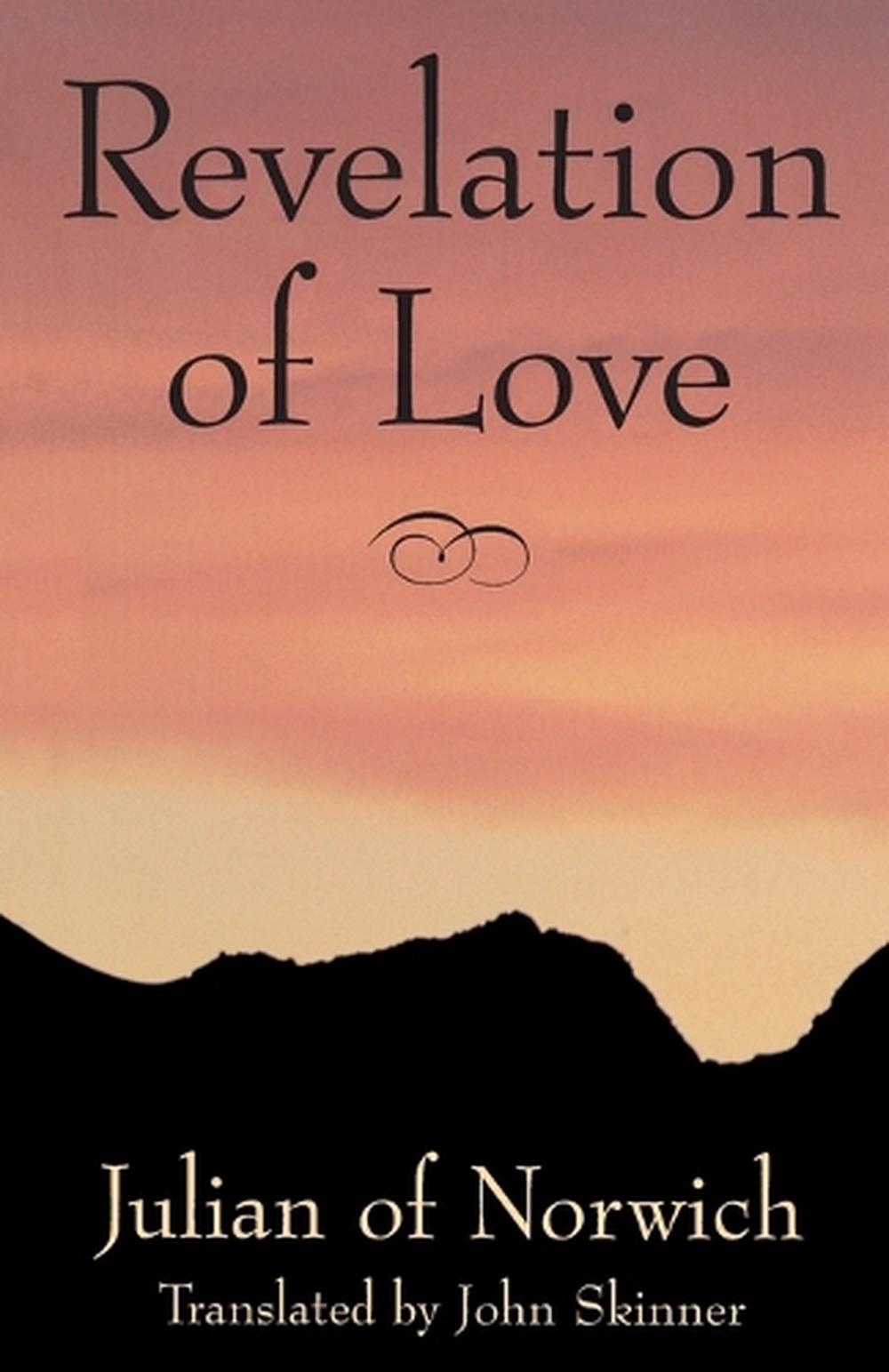
Julian of Norwich now has a new audience, and it really doesnt matter if, like me, you have little, if any, religious interest or understanding. This new translation conveys the beauty of her prose and her beief that we are being capable of spiritual transformation. Julian of Norwich is one of the most famous spiritual figures of the Middle Ages. In fact over and over again Julian (and by extension, Professor Windeatt) prove that the simplest statements hold the deepest truths.


not only is Julian of Norwich's unique voice captured, the translator's deft touch ensures it's engaging and understandable. Publisher: Oxford University Press ISBN: 9780199641185 Number of pages: 272 Weight: 194 g Dimensions: 196 x 129 x 13 mm MEDIA REVIEWS Each affordable volume reflects Oxford's commitment to scholarship, providing the most accurate text plus a wealth of other valuable features, including expert introductions by leading authorities, helpful notes to clarify the text, up-to-date bibliographies for further study, and much more. In his introduction Barry Windeatt considers Julian's astonishingly positive vision of humanity and its potential for spiritual transformation.ĪBOUT THE SERIES: For over 100 years Oxford World's Classics has made available the widest range of literature from around the globe. It includes both the short and long texts, written twenty years apart, through which Julian developed her ideas. This new translation conveys the poise and serenity of Julian's prose style to the modern reader. She wrote of God as our mother, and embraced strikingly independent theological opinions.

She conceived of a loving and compassionate God, merciful and forgiving, and believed in our ability to

Julian lived as an anchoress in Norwich, and after recovering from a serious illness she described the visions that had come to her during her suffering. She is esteemed as one of the subtlest writers and profoundest thinkers of the period for her account of the revelations that she experienced in 1373. Julian of Norwich is one of the most celebrated figures of the English Middle Ages. 'All shall be well, and all shall be well, and all manner of thing shall be well'


 0 kommentar(er)
0 kommentar(er)
